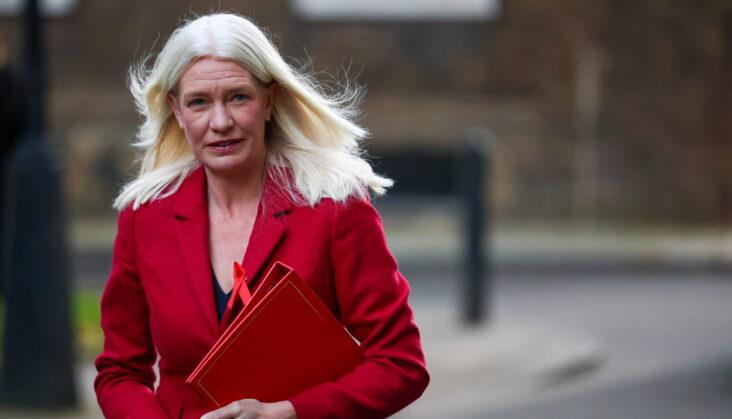Africa-Press – Lesotho. Last week, the UK’s first-ever ‘trade week’ came to an end. New trade measures, along with the Developing Countries Trading Scheme (DCTS) and the new rules enabling the UK Export Finance agency to give larger loans for companies to export from the UK, have been officially presented as part of the UK’s development leadership package.
They are a means to enable developing countries “to diversify their exports and grow their economies”, to help “deliver a greener future”, while at the same time allowing British households and businesses to benefit from lower prices and more choice. But the reality is the greatest winners will be British business. Here’s how.
According to Amanda Milling, UK FCDO Minister of State: “In 2020, the UK imported more than £30bn ($40.1bn) in goods and services from developing and least developed countries with preferential trading arrangements, supporting their growth and poverty reduction.
” Imports and exports Encouraging numbers but context is everything.
What Minister Milling fails to mention is that the UK also imported $658bn worth of goods and services in 2019, the majority ($396bn) coming from Europe.
If we compare this to Africa, the continent with the highest proportion of developing countries, the UK only imported a tiny $4.5bn – that’s 3%. As a result, in 2019, out of Africa’s 55 countries, only 13 had a trade surplus with the UK.
But it’s not just the quantity of imports that is important but the ‘type’ of import when it comes to job creation and sustainable growth. The majority of these 13 countries are exporting raw, unprocessed goods, such as crude oil to the UK.
Take Nigeria for example. In 2019, the UK imported $1.45bn worth of goods but 87% of this was crude oil. South Africa, as the UK’s biggest trading partner on the continent, is another example.
In 2019 the UK imported $6.61bn worth of goods from South Africa but 72% of these were gold and platinum. Overall, only three of the 13 African countries are exporting some type of ‘finished product’ to the UK – Madagascar being the main example whereby 53% of exports are textiles and knitwear.
These numbers clearly show that reimagining British trade with developing countries – in particular African countries – is urgently needed, especially in the context of the UK’s recent decision to renege on a dual domestic and international legal commitment to provide 0.7% of its GNI as aid to developing countries. Developing countries trading scheme
So will the new flagship schemes help? The government’s scheme specifically targeted at increasing imports from poor countries is the newly announced ‘Developing Countries Trading Scheme’ (DCTS) – which promises duty-free, quota-free access to 46 Least Developed Countries, most of whom are African, including many of the UK’s former colonies, and special tariff reductions to other developing countries.
This scheme is not really new. Back in 1979, an international decision was taken under the then General Agreement on Tariffs and Trade (GATT) – which eventually turned into the WTO, that enabled ‘developed members’ – such as the UK – to impose zero or lower taxes for goods from developing countries.
For a long time, the EU maintained a Generalised Scheme of Preferences (GSP) in relation to developing countries and the UK pre-Brexit was therefore administering the EU GSP.
For More News And Analysis About Lesotho Follow Africa-Press






